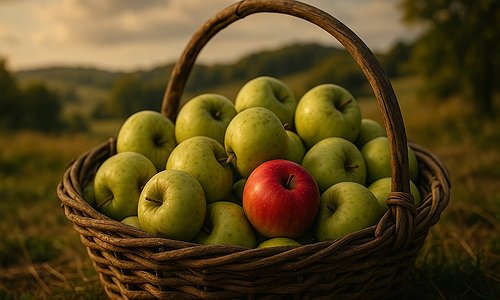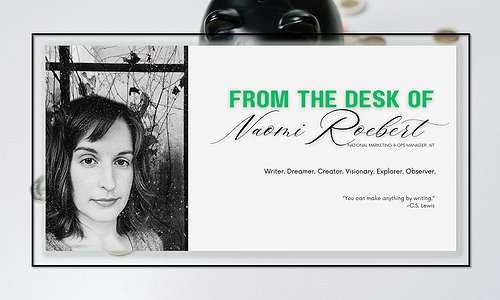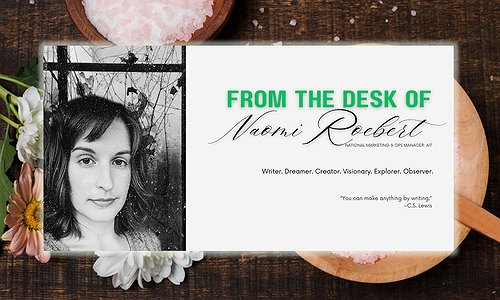Making jam in the age of AI
But the idea of machines mimicking humans long predates this, both philosophically and as a mathematical application. First we had Symbolic AI, when early AI systems focused on logic-based problem-solving and expert systems from the 1950s through to the 80s.
Then came the Machine Learning of the 90s, when AI started improving with statistical methods, neural networks, and big data, a process that persisted to the early 2000s. At last, the rise of deep learning arose from the 2010s, ultimately leading to AI models like OpenAI’s ChatGPT, first launched in November 2022.
And here we are.
We live in a Brave New World, and despite warnings and some resistance, most of us have gladly welcomed this new friend into the fold. We have ChatGPT on our phones, a polite and willing ear for our most banal questions; we use AI to consolidate research, write emails, suggest recipes, plan parties, strategize, analyse, predict…
What exactly is AI? AI is a broad concept, but models like ChatGPT fall into the category of Large Language Models (LLMs), a specific type of AI trained on vast amounts of text data to understand and generate human-like language. Having been fed everything written in the human canon, it can problem-solve, recognise patterns, and make pretty useful decisions. It’s about as good as the best member of your marketing team, your financial or data analyst. And it costs less. Much less.
The value proposition for AI is astounding, which is no wonder then that it is coming for your job. The ructions caused by AI’s replacement of humans are already felt, and the implications are far-reaching, and worrying for many of those in the so-called “laptop class”. When you ask the internet what jobs won’t be replaced by AI, the answer is something vague like jobs that require empathy, emotional intelligence, and creativity. But really, how big is the demand for empathy these days?
Rather than asking what is AI, this new era should force us to ask “what are we?” What is it that humans make, that humans need, and that humans convey to each other beyond our empathetic roles that are irreplaceable, and therefore, monetizable to the point that we can still feed our families, pay school fees, and buy dog food?
In the great overwhelm of AI, social media, news media, doom scrolling, promotion, generated content, data analysis and statistics, there is a safe, quiet, heartfelt place to which we can retreat: the place of making jam.
In kitchens around South Africa moms and grandmas and some progressive husbands go to the great and satisfying effort of peeling and pitting apricots, boiling these with sugar for hours, checking, tweaking, until that lovely moment when the bright gelatinous gloop does not slide down the plate, and it can be cooled, and bottled, and shared.
Jam is placeholder, of course, for the real-life, touch-grass products of tangible human needs, and a testament to our innate, spiritual desire to not just eat food, but to eat food that is delicious, and surprising, and imparts the one thing AI cannot reproduce: joy.
In an era where AI is fast replacing us, we still have an industry it cannot reach. The Joy Industry, where a small business is started on the basis of a cherished family recipe for chili sauce, a young man takes up his grandfather’s leathermaking tools to craft exquisite goods, a carpenter repurposes discarded pine offcuts and makes a table at which your family eats, a mom embroiders intricate little Peter Rabbits onto a onesie for your friend’s newborn…
I’ve seen all of these at work, and so have you. Small businesses founded on heritage and beauty to satisfy not only our needs, but our desire to cherish the things we need.
It’s an old idea, but in a new world, old ideas can be revolutionary. We’ve all read quotes like “When you support a small business, you’re supporting a dream”, or “When you buy from a small business you are helping a mom or dad put food on the table”. But I propose a new quote, evolved for the age of AI:
“When you support a small business, you buy a stake in our humanity. When you start a small business, you make tomorrow matter."

Opinion pieces published do not necessarily reflect the official views of iOlogue Media t/a Africa InTouch News.
Authors are solely responsible for the opinions and information presented.



